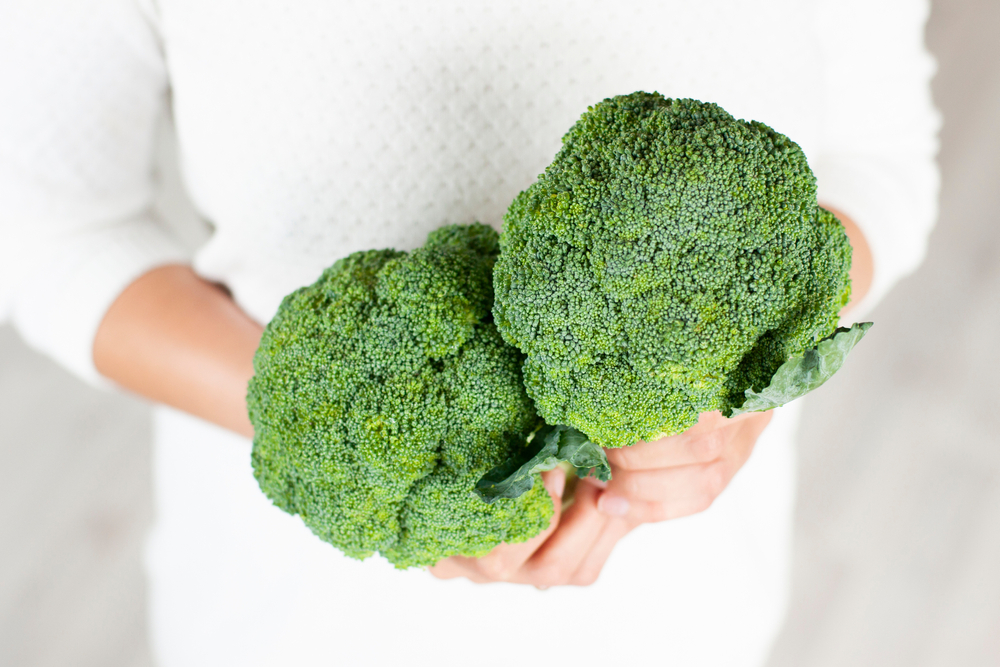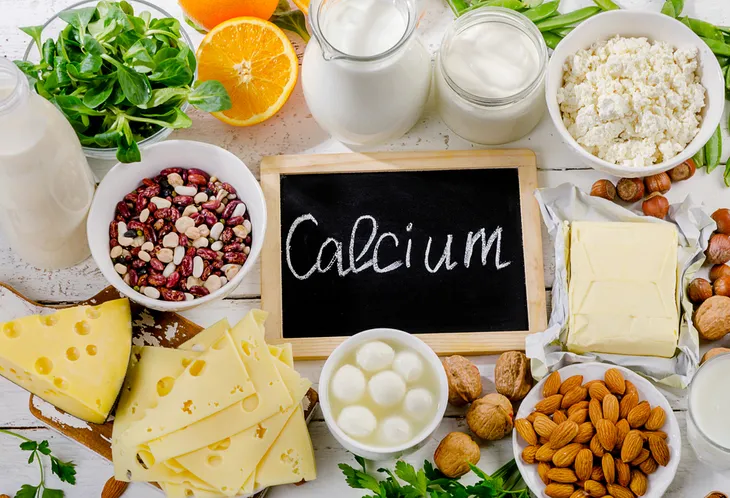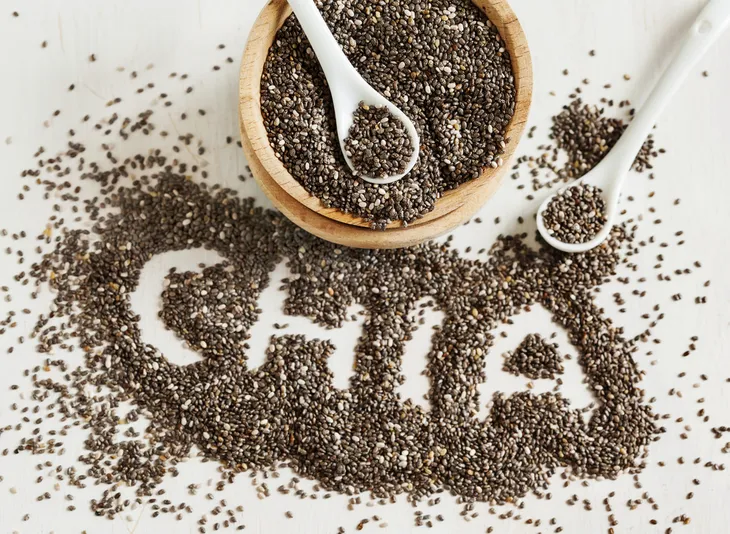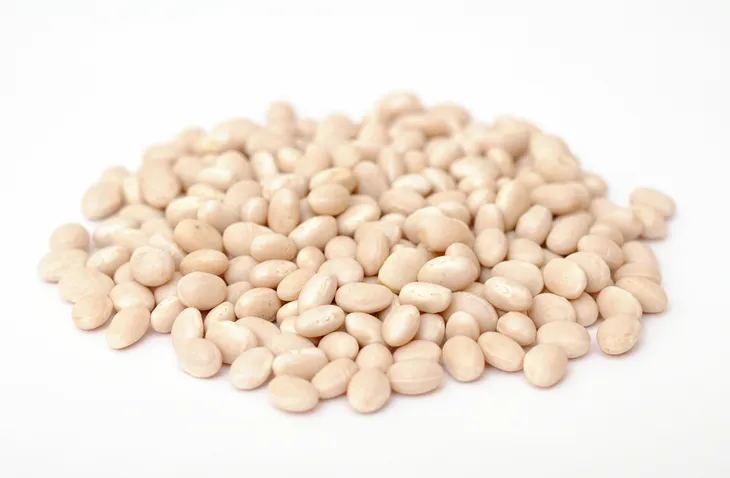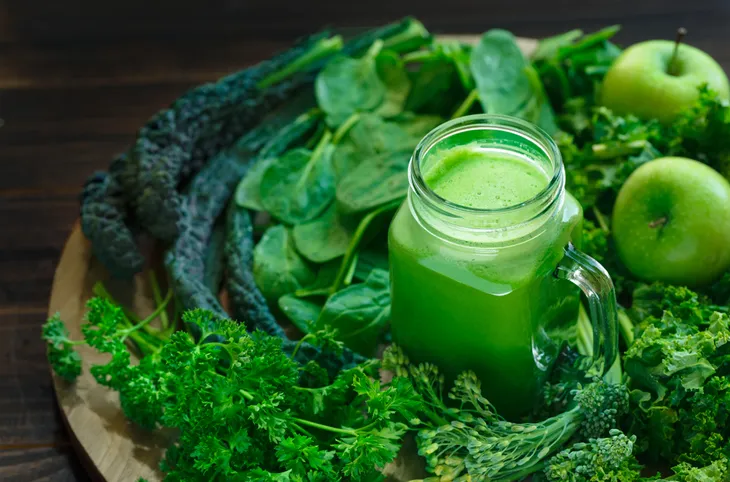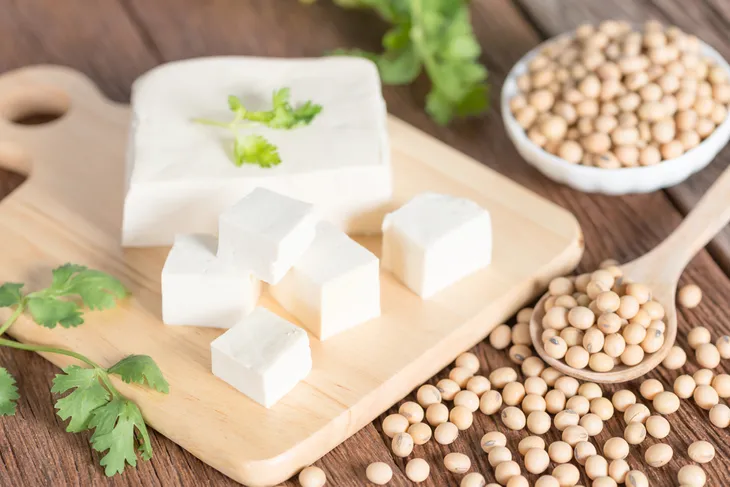There’s a lot that goes into building out a nutritious meal plan. The path to better health often starts simply enough. Maybe you download a fitness tracker to monitor your steps and log your meals. Stick to it for long enough and you may one day graduate from tracking your macros to fine-tuning your micros. Maybe you’re already there. Wrapping your head around vitamins and minerals can seem like a real uphill battle, especially for those of us who narrowly avoided an F in Biology 101. The truth is, if you’re courageous enough to keep soldiering on, eating the right foods can be simple too.
Why Calcium Is Important
It may not be number one on the periodic table, but calcium is an undisputed biological goat. It is the most abundant mineral in your body after all, and it plays a vital role in your overall health and vitality.
You no doubt know that it helps your body build and maintain strong bones, but calcium also aids muscle contraction, as well as cardiovascular function. Calcium even helps communicate signals between the cells of your body.
The Risks of a Calcium Deficiency
So as you can probably imagine, not getting enough calcium can be very hard on the body. Calcium deficiency disease, or hypocalcemia, can lead to confusion, muscle spasms, numbness, and hallucinations. It also increases your risk of developing osteoporosis.
Thankfully, calcium is abundant all over the grocery store too. You could take a daily supplement to hit your daily calcium goal, or you could modify your diet accordingly. If you’re hoping to try the latter, read ahead to learn more about your new favorite food items.
Milk
It’s no secret that milk is a great source of calcium. In addition to the protein, and vitamin D in there, a single cup of cow’s milk can provide your body with over 300-milligrams (mg) of calcium.
Milk can be found just about everywhere too, from the farmer’s market to the grocery store, making access to calcium that much easier.
Almonds
There are a lot of people out there that don’t have the stomach or palette for milk. That’s just ok, as there is a heck of a lot of alternative calcium sources.
Almonds contain around 70-mg of calcium per serving. They’re loaded with protein, fiber, magnesium, and vitamin E too. Though almonds are a tad calorie-dense to serve as an everyday calcium supplement, it’s comforting to know that snacking on a few in the late afternoon is actually encouraged.
Fortified Orange Juice
Those that prefer to start their day off with a glass of sunshine can, with one minor adjustment, enjoy just as many benefits as those that reach for milk in the morning.
Next time you’re at the grocery store, choose fortified orange juice in favor of the regular stuff. The makers of fortified orange juice add extra calcium and vitamin D into the mix. As a result, drinking a single serving of the stuff nets you 350-mg of calcium and 2.5-micrograms (mcg) of vitamin D.
Seeds
Poppy, sesame, celery, and chia seeds are incredibly rich, non-dairy sources of dietary calcium. A single tablespoon of poppy seeds can contain up to 13-percent of an individual’s recommended daily intake or about 126-mg.
Better yet, seeds like chia and amaranth are incredibly versatile and very easy to hide in all of your favorite recipes for an added nutritional boost. Add some to your next smoothie, or opt for the sesame-loaded condiment tahini.
Beans
Incorporating more beans and lentils into your diet is a wise choice. They’re healthy, nutritious, cost-effective, and keep well in a container on a shelf for an impressively long time.
Back to the nutrition bit though. The calcium content levels can vary from bean to bean, with navy beans offering 47-mg of calcium per 100-grams and cannellini beans offering 55-mg of calcium per 100-grams. Navy beans in particular also contain serviceable servings of potassium, phosphorus, and magnesium to help you hit your micronutrient goals.
Sweet Potatoes
The more you learn about sweet potatoes the more impressive these little orange beauties become. An incredible source of fiber, potassium, and essential nutrients, sweet potatoes are a dietary workhorse for anyone looking to lead a healthy life.
A serving contains just over 50-mg of calcium, which may not seem like much until you consider all of the other vitamins and nutrients inside them. Vitamin C, beta-carotene, vitamin K, selenium, magnesium, iron… the list goes on. Truly, if you’re looking to eat healthier, try and find a way to incorporate more sweet potatoes into your diet ASAP.
Leafy Greens
The belief that milk is the only readily available source of calcium couldn’t be further from the truth. The truth is that, if you’re eating a well-balanced diet full of healthy fruits and vegetables, you’re probably already getting enough calcium.
Adding leafy greens to your lunch pail is often just as good as a box of milk at providing your body with the calcium that it needs to maintain strength. Collard greens in particular can provide you with about 21-percent of your daily recommended serving.
Tofu
If you’re looking to avoid eating meat and dairy while still maintaining a healthy nutritional balance, consider incorporating more tofu into your diet.
Few menu items offer as much calcium as tofu. It contains 176-mg of calcium in just 100-grams of the stuff, which is impressive when considering the alternatives. Tofu has a lot of protein and potassium too, rounding out the popular meat alternative’s nutritional case.
Broccoli
Low in calories and high in fiber and vitamins, broccoli is truly a dietary workhorse. There’s a reason why every nutritionist and most parents insist on its consumption.
When it comes to calcium content, broccoli is no slouch either. 100-grams of it contains upwards of 47-mg of calcium. Better yet, 100-grams of broccoli clocks in at just 16-calories. It’s also loaded with essential vitamins like vitamin C, vitamin K, and vitamin A.
Whey Protein
Often obtained in powdered form, whey protein is a common way for the health-conscious to up their protein intake efficiently. Protein helps you build muscle, repair tissue, digest food, and regulate your hormones, making protein supplementation a wise move.
There are a lot of protein powder alternatives to the milk-based whey, but this one sure does check off a lot of boxes. An average serving of protein powder can contain approximately 160-mg of calcium or 12-percent of the daily recommended value.
The Takeaway
See what I mean about watching your micros? The deeper you dig into the world of nutritional composition the more you discover that eating clean and getting enough nutrients is a matter of eating all the same food items you’ve been told about for decades.
Sweet potatoes, almonds, whey protein, broccoli, beans, leafy greens, and milk play a central role in a balanced diet, and eating them means that you’ll most likely be getting enough calcium too.
Building out a nutrition plan that works for your body and lifestyle takes time, but the longer you stick with it the easier it gets, and the healthier you will be.
